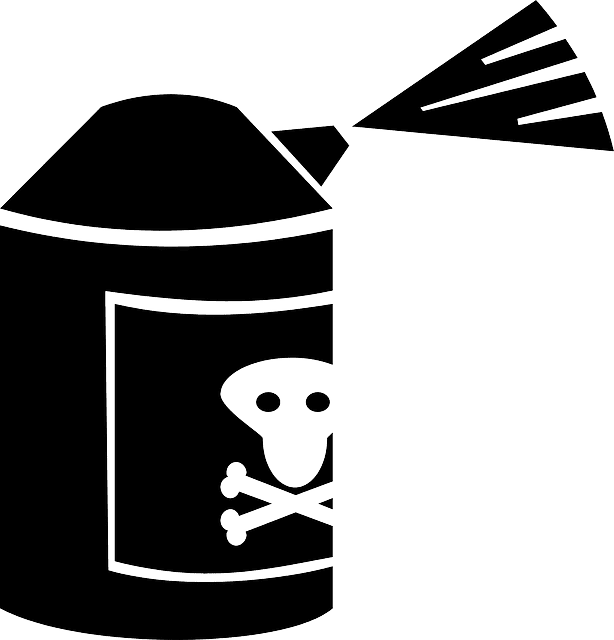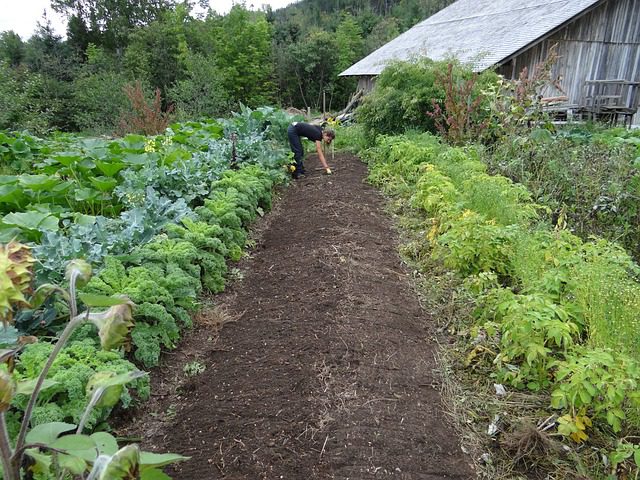by Sara Barnhart, DVM
The sun is shining and the earth is green again. It’s a perfect time to start gardening, right?
It can be, but if you have pets, learn the risks of common garden plants and chemicals. ASPCA Animal Poison Control Center (APCC) experts field tens of thousands of calls each year involving animal companions who’ve had potentially hazardous contact with insecticides, weed killers and pet-toxic plants. Maintaining a garden can be a beautiful and relaxing experience, but it is critical to ensure that the gardening you do is safe for your furry loved ones.
Poisonous Plants
When choosing things to plant in your yard and garden it is very important to keep in mind possible toxicity for your pet. Sago palms, rhododendrons, lilies, foxglove, oleander, and azalea are all toxic to cats and dogs. Also watch for toxic plants that may inadvertently grow in the yard, such as mushrooms.
Visit a full list from the ASPCA when considering plant options.
Pesticides, Herbicides, and Fertilizers
In order to maintain their yard many people unfortunately turn to toxic herbicides, pesticides, and fertilizers. These chemicals may results in a beautiful garden, but they can be very dangerous for animals, humans, and the environment. Earth- and animal-friendly options are available and strongly recommended.

While fertilizer is wonderful for your plants, it can be extremely appealing (and potentially dangerous) to curious dogs. When ingested, fertilizers can cause vomiting, diarrhea and, in some cases, weakness or stiffness in your pets’ hind legs. Use pet-friendly options and make sure that you read application instructions carefully and observe the appropriate waiting period before allowing pet access to the area.
Compost
Composting is a wonderful thing for your garden and the earth but be sure to keep your cats and dogs out of the compost pile. Moldy foods, onions, coffee, grapes, bones, and many other foods could cause serious problems for your pets.
Cocoa Mulch
This is a great idea, right? Cocoa mulch, made from the husks of cocoa beans, is a by-product of chocolate production and it has an attractive look and odor. But the yummy smell of the mulch is alluring to dogs; if they ingest it, a range of clinical signs may occur from vomiting and diarrhea to muscle tremors and seizures.
It’s absolutely possible to maintain a garden and the safety of your pets. Just take a few precautions, read up on what to avoid, and get out there!
If you suspect your pet has been exposed to any poisonous substances, contact your veterinarian or call a poison control hotline immediately.
ASPCA Animal Poison Control Center (APCC) at 888-426-4435
- A $65 consultation fee may be applied to your credit card.
Pet Poison Helpline at 855-764-7661
- A $59 per incident fee applies.
Recent Posts
About Us
Ann Arbor Animal Hospital is a locally-owned animal hospital operating for over 90 years in Ann Arbor, MI.

